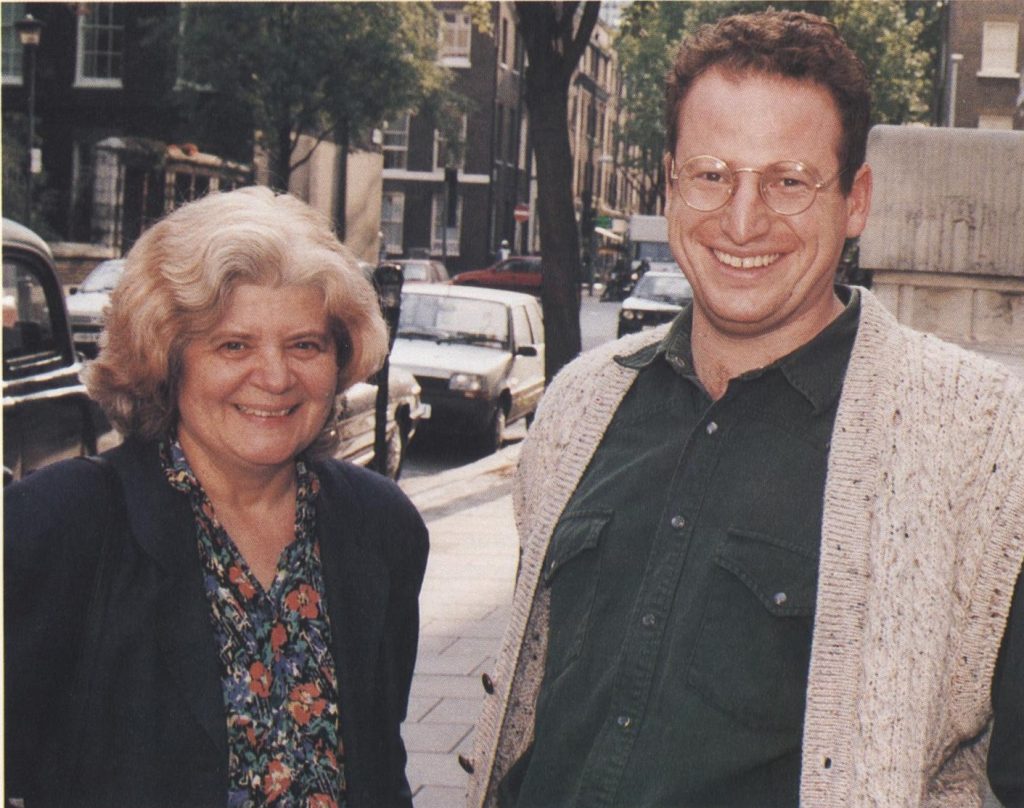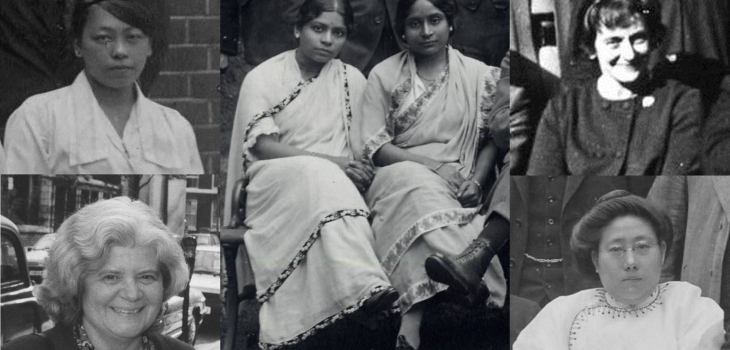International Women’s Day (March 8) is a global day celebrating the social, economic, cultural and political achievements of women. Today is a great chance to remind ourselves of just some of the women who have studied and taught at LSHTM over the years.
Ida Kahn
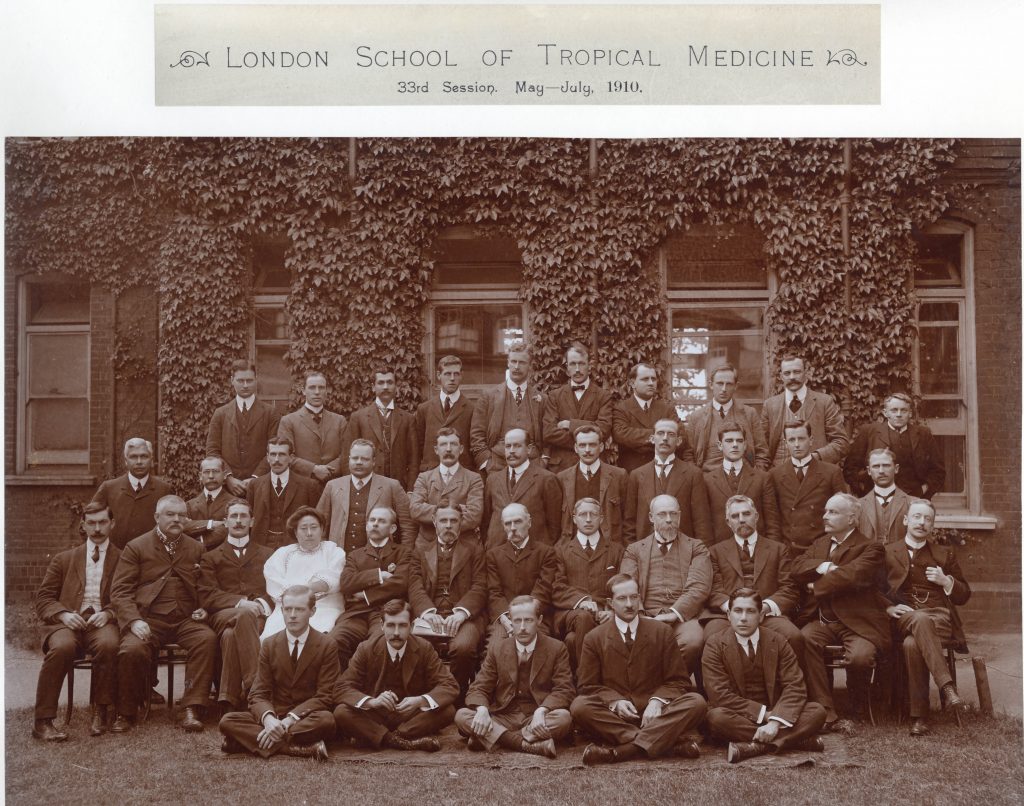
Ida Kahn (born Kang Cheng) was the sixth girl in her family in Jiujiang, Jiangxi, China. She was adopted and renamed by her father’s employer, Gertude Howe. Raised as a Christian, her faith became a defining characteristic of her work. In her early life, Ida learned English and worked as a translator for foreign doctors.
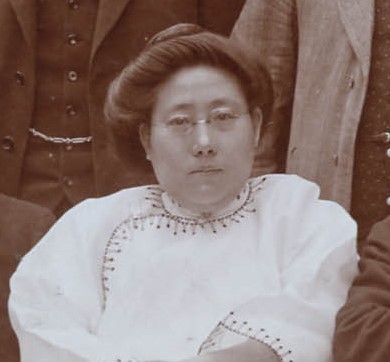
In 1982, aged nineteen, she travelled to the United States to study for a degree in medicine from the University of Michigan. Ida was among the first Chinese women to become Western-trained physicians. Upon returning to Jiujiang in 1896 she worked as a medical missionary for the Women’s Foreign Missionary Society until her work was disrupted by the Boxer Rebellion.
Ida went back to the United States in 1908 to study literature at Northwestern University. She went on to study at the London School of Hygiene and Tropical Medicine between May-December 1910.
As one of the first Chinese women in the medical field, Ida worked to expand the presence of Chinese women in the workforce. Alongside Mary Stone, she established the first corps of Chinese women medical professionals. She was also influential in the building of the Nanchang Women and Children’s Hospital. She worked there until her death providing care to patients from all socioeconomic backgrounds.
Y.H. Hoa Shoo
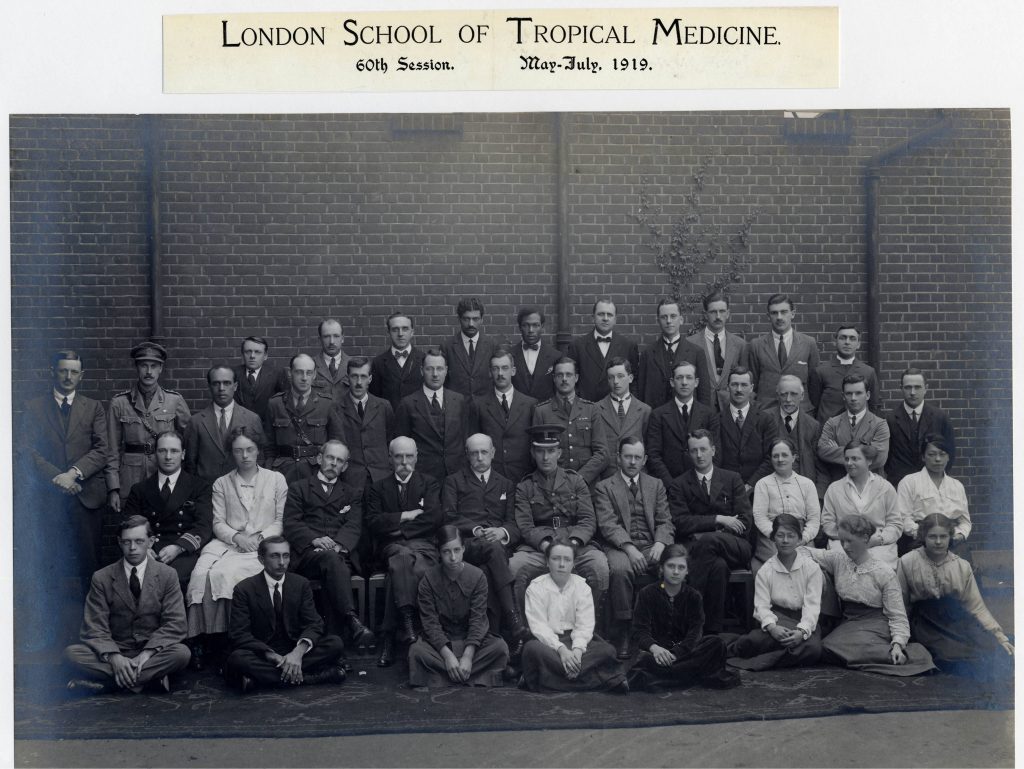
Dr Y.H. Hoa Shoo, attended LSHTM in 1919, where she passed the school’s exam with an impressive 70%. Prior to this, Hoa Shoo qualified in 1915 with a Bachelor of Medicine and a Bachelor of Human Biology.
After her studies at the School, Hoa Shoo returned to Singapore where she worked as a doctor in an Infant Welfare Centre in Penang, the centre that she would later run.
During the 1930s in Penang, infant mortality had steadily increased and became a concern to the local medical services. To combat this, an Infant Welfare Centre opened to provide mothers with education in infant feeding and care, and to monitor children’s health. By the late 1930s use of the clinics had gradually increased.
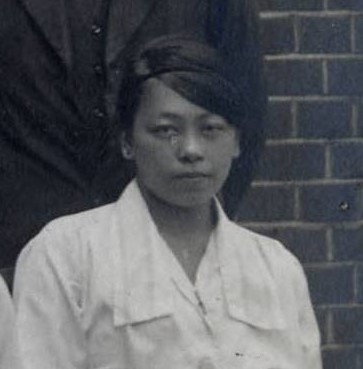
Little is known of Dr Hoa Shoo’s work in the Penang Infant Welfare Clinic. We do know that her career was cut short when she died on 5th October 1938, at the age of 45.
A.S. Gore and M.S. Gore
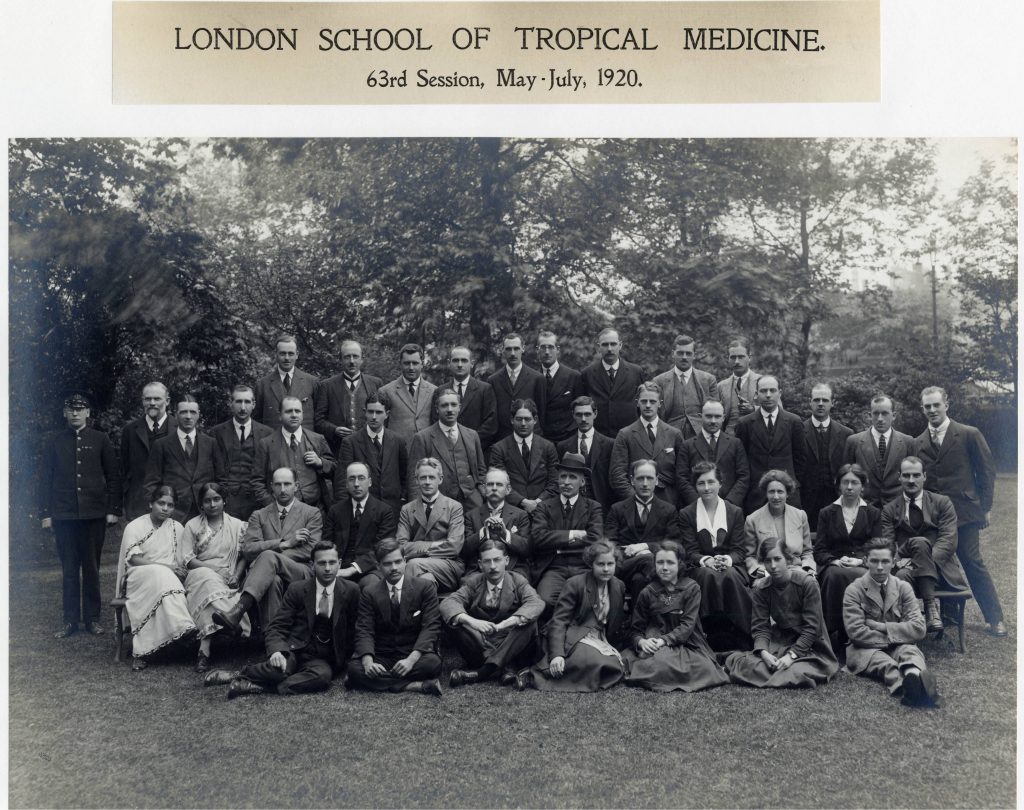
Sisters, Miss A.S. Gore and Miss M.S. Gore were 24 and 23 when they attended LSHTM in 1920 to complete the School’s Diploma in Tropical Medicine. Both were already qualified in 1917 as Licentiate of the College of Physicians and Surgeons, a recognised medical qualification in India before 1946. They also attended a midwifery course in Dublin in 1920.
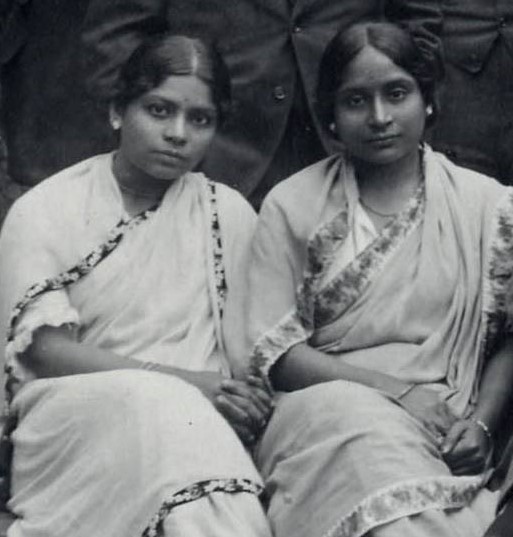
In India, during the later 19th and early 20th century, there was a great demand for female doctors, due in part, to the Indian government’s policy that medical services should be freely available to those employed in the manufacturing industries; an industry that employed many women. However many female students suffered from social pressure and few were able to complete their studies to qualify as a medical doctor.
The Gore sisters returned to India after completing the Diploma in Tropical Medicine course in 1920, but there is little information as to whether they continued to work in the medical profession.
Margot Jeffreys
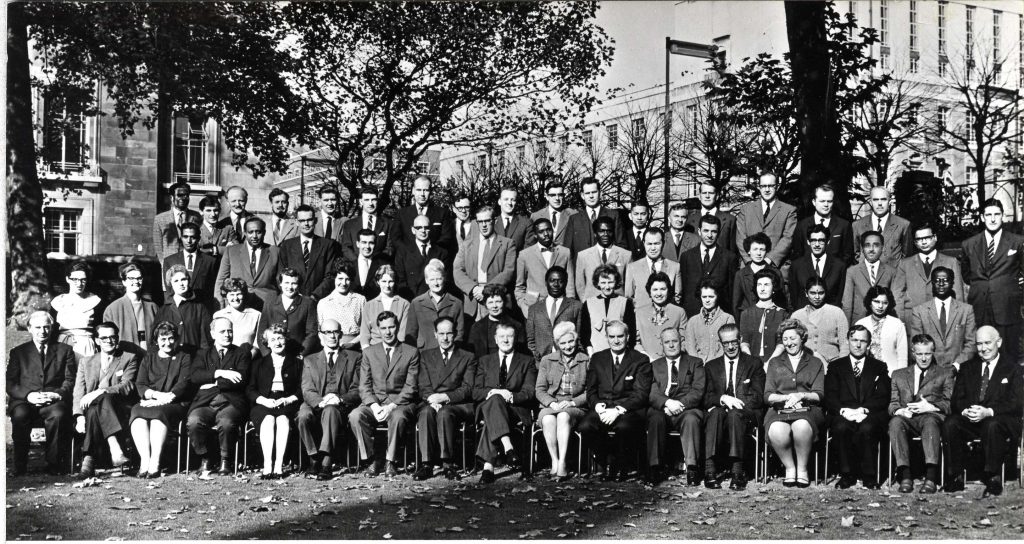
Margot Davies was born in Madras, India and studied history at the London School of Economics. During these years she met her future husband, James Jeffreys. She was a woman of principle, with deeply held beliefs in equality, liberty and justice.
Margot was appointed as lecturer in the Department of Public Health at the LSHTM in 1953. At the School, Margot taught medical sociology, and developed her research project on health and social services in Buckinghamshire.
During the 1960s Margot played an important part in establishing medical sociology as a distinct entity. In 1965 she became Director of Social Research and Senior Lecturer in Sociology at Bedford College. Here she worked to develop an internationally renowned Master’s programme.
Margot was also a consultant to the World Health Organization. She helped launch a research programme in the behavioural sciences and the sociology of medical education.
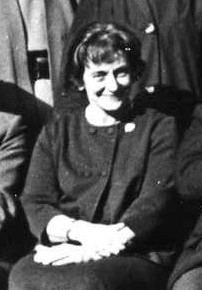
She engaged in research with the Royal Commission on Medical Education (1968), and the British Medical Association’s Working Group on Primary Health Care (1979), while maintaining her own research interests.
Margot retired in 1982, but continued with her research in retirement. The late 1980s saw a resurgence of interest in social science and medical sociology at LSHTM.
Jennifer Roberts
Dr Jenny Roberts was a pioneer of Health Economics, becoming the first Health Economist at the School. Born into a mining family in North Wales, she won a miners’ scholarship to the London School of Economics aged 21.
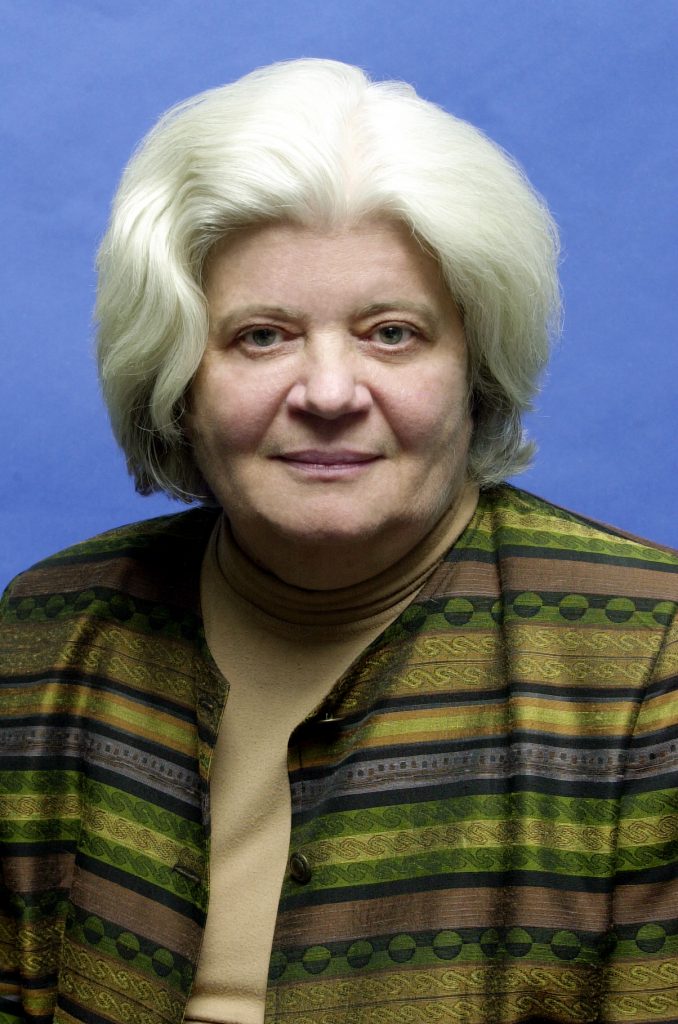
In 1972 the Centre for Extension Training in Community Medicine was established. Its aim was to provide specialist training for public health and community medicine personnel involved in the first major re-organisation of the National Health Service. Jenny provided the economic input. The Centre was amalgamated with LSHTM’s Department of Community Health in 1976. Jenny was the first economist to be employed by the School. She played a key role in establishing health economics as an internationally important field.
With Brian Abel-Smith, she set up a new MSc in Health Policy, Planning and Financing. This course ensured the establishment and expansion of the discipline of health economics at the LSHTM and internationally.
In the 1980s, Jenny researched the market-based NHS reforms. She looked at the links between the use of contracted-out NHS services, and the increase in Hospital Acquired Infections. Jenny’s extensive research into the economic costs of diseases including HIV/AIDS, resurgent tuberculosis, new gastro-enteric, and hospital-acquired infections, revealed the economic burden, both for providers of health care, and for those affected by these diseases.
Jenny’s last major publication, The Economics of Infectious Disease (Oxford, 2008) is a testament to the importance of her discipline in the management and control of the world’s on-going problems of infectious disease.
LSHTM Archives holds her collection and you can explore it here.
